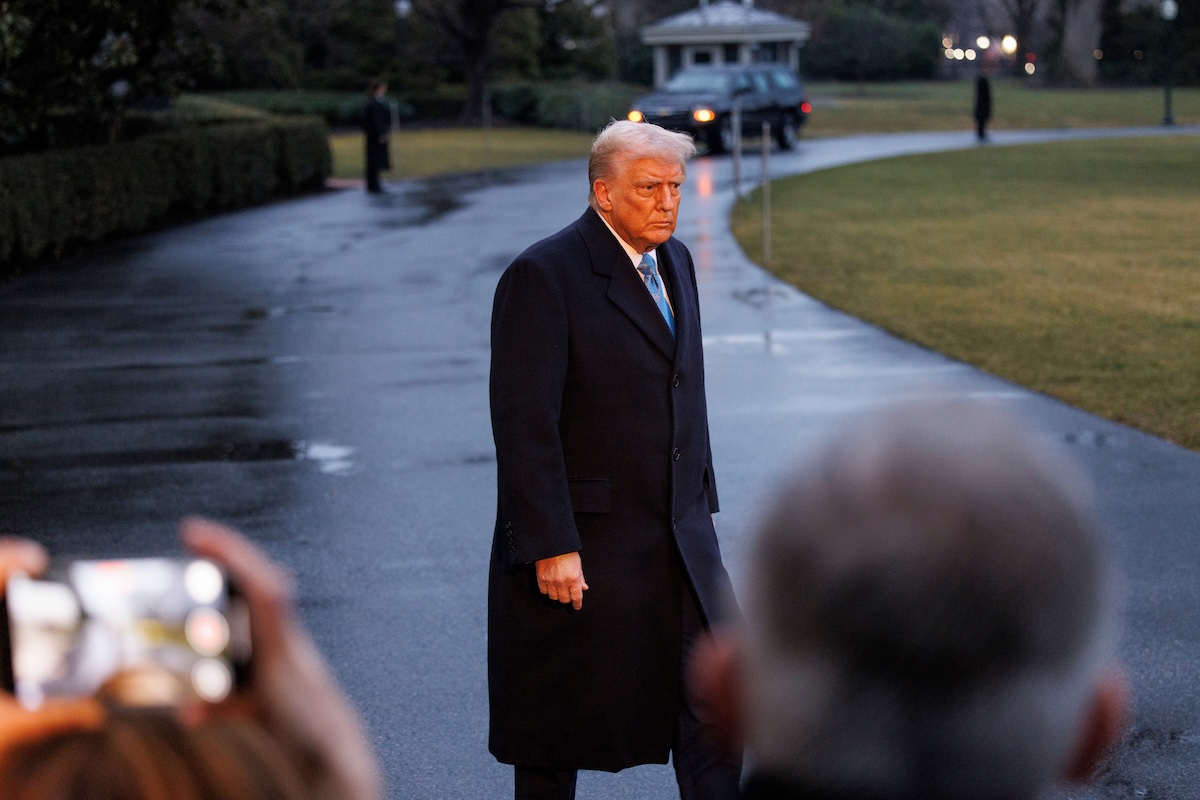
President Trump may be running out of room to maneuver in the global trade war, with one investment manager calling a 5% yield on the 10-year Treasury his breaking point.
Since Trump’s so-called “Liberation Day” tariff announcement on April 2, bond investors have pushed back hard.
The 10-year yield jumped roughly 50 basis points last week — its biggest weekly surge since 2001 — as global investors dumped U.S. Treasuries in search for alternative safe havens.
The yield hit 4.58% on Friday, raising the federal government’s borrowing costs and pressuring consumers whose mortgages and loans are tied to long-term rates.
“A 5 handle on 10Y is likely Trump’s capitulation point,” said Spencer Hakimian, founder of Tolou Capital Management. “At that level, what little leverage the administration has left in the trade war could evaporate.”
While not a formal red line, Hakimian believes a 5% yield would force Trump to pause further tariff escalation.
Trump’s dilemma: Trade war or rate cuts
The yield spike complicates Trump’s ongoing political pressure on the Federal Reserve.
The president has repeatedly called on Fed Chair Jerome Powell to cut rates, even accusing him of “playing politics” by not acting faster.
But as markets analyst The Kobeissi Letter pointed out, “the 10-year note yield is now above levels from before rate cuts began in September 2024.”
In effect, Trump’s tariff-driven trade war is offsetting the Fed’s entire easing cycle.
Ironically, Trump may still get what he wants at the end of the day. Fed Funds futures are pricing in multiple rate cuts during the second half of 2025, thanks in part to cooling inflation.
The latest Consumer Price Index (CPI) report showed headline inflation cooling to 2.4% in March — with core prices falling to a four-year low — giving the Fed some breathing room.
Still, economists say tariffs remain a wild card.
“Going forward, the Fed is likely to face a difficult trade-off as tariff-driven price increases start to feed through to the inflation data and activity remains soft,” said Kay Haigh, global fixed-income strategist at Goldman Sachs.
The bond market may soon force the White House into a tough decision: de-escalate the trade war or risk financial fallout that even the Fed can’t fix.
Your email address will not be published. Required fields are markedmarked